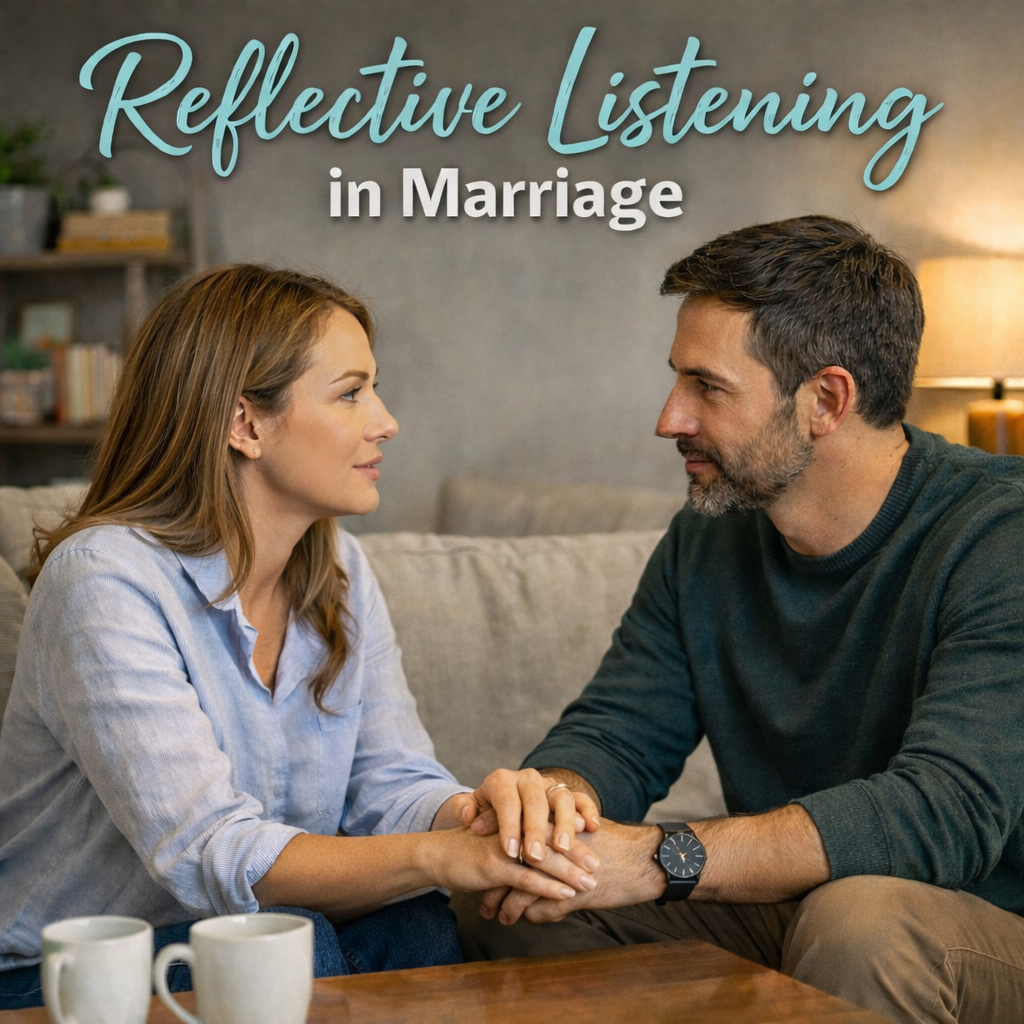Did I Marry the Wrong Person? When Marriage Feels Like a Mistake
/A more productive question than “Did I marry the wrong person?” is “What version of us have we drifted into, and are we willing to rebuild?” That question restores agency. It acknowledges that both partners influence the emotional climate. It also demands humility. Have you clearly communicated your needs, or have you expected intuition? Have you addressed resentment early, or stored it for leverage? Have you adapted as your spouse changed, or have you silently insisted they remain who they were? Have you pursued your own growth, or outsourced your fulfillment entirely to the relationship?
Read More








